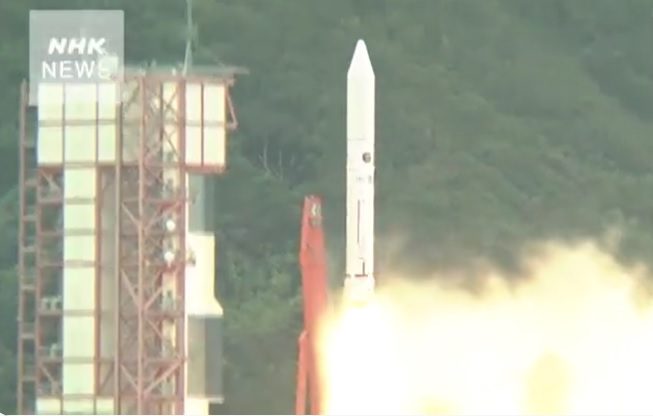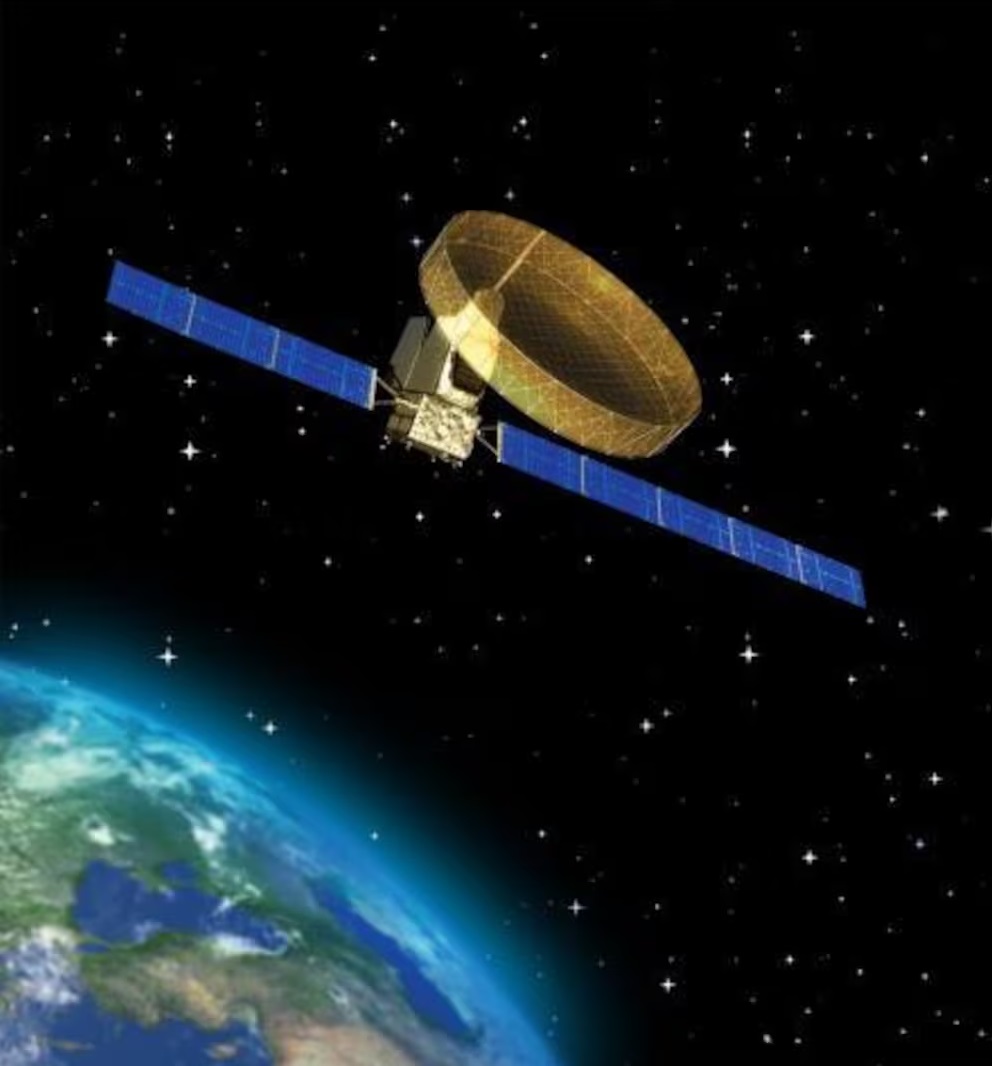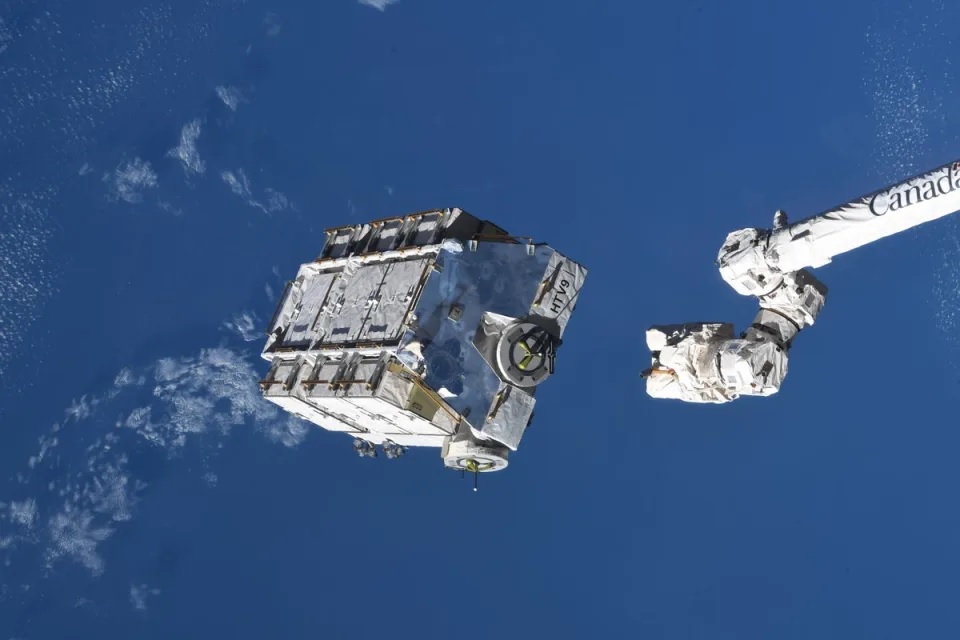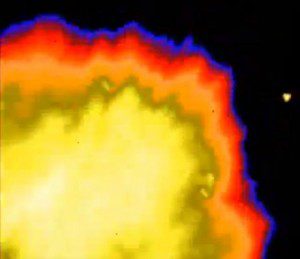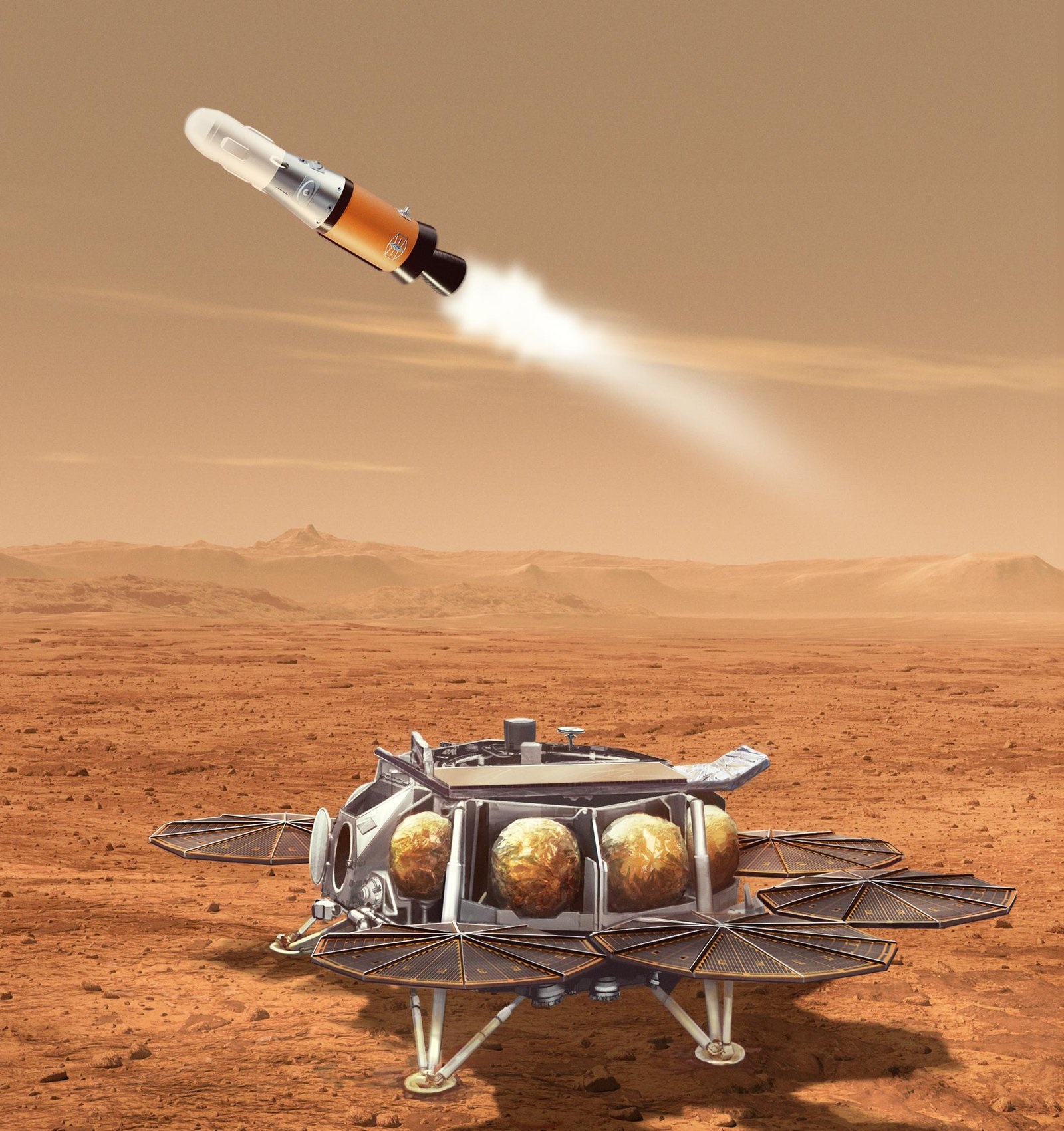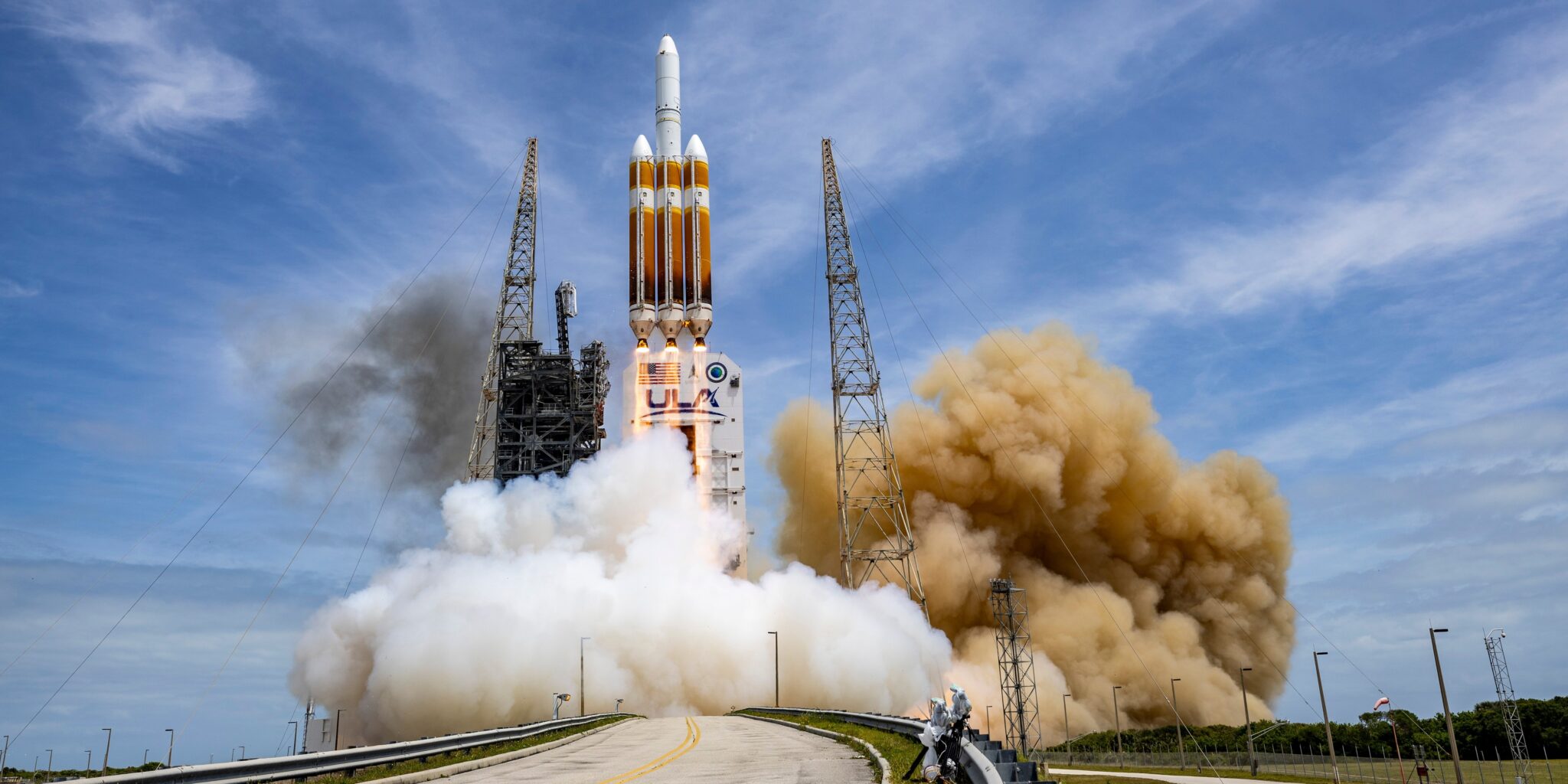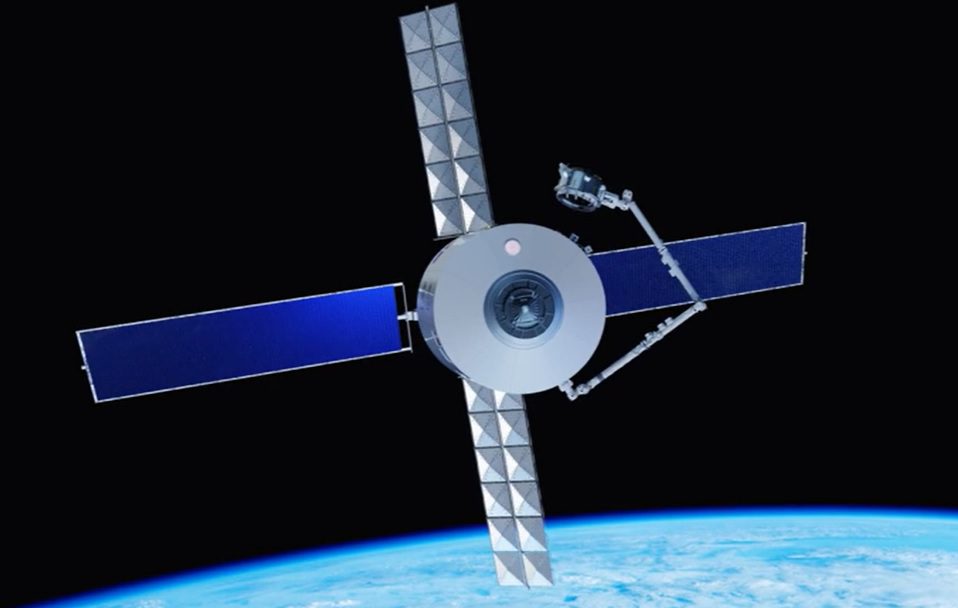An Epsilon-2 Adv CLPS rocket was launched from Uchinoura, Kagoshima, Japan, at 0050 GMT on 12 October 2022, but failed to achieve orbit after its second stage was detected to have a fault during flight. When it became apparent that orbit would not be achieved, the rocket was deliberately destroyed before separation from the third stage. This was the first launch, and first launch failure, for Japan this year. Prior to this failure the Epsilon launch vehicle, a mainly solid propellant rocket, had a good reliability record with five successes out of five orbital attempts.
There were eight satellites aboard. The “main” payload was the Japanese RAISE-3 (RApid Innovative Payload Demonstration SatEllite) technology development satellite for JAXA. Also onboard were the QPS-SAR 3 and 4 radar satellites, precursors to a 36-satellite commercial constellation.
Five CubeSats were also carried:
- FSI-Sat, an Earth observation experimental satellite with multispectral camera;
- KOSEN-2, an IoT technology demonstration satellite for ocean observation data collection;
- MAGNARO – MAGnetically Separating NAnosatellite with Rotation for Orbit – a control satellite testing a new orbit control method for smaller satellites that does not use thrusters;
- MITSUBA, a demonstration satellite looking at consumer semi-conductors and general purpose equipment; and
- WASEDA-SAT-ZER, a satellite designed to estimate a Thermal Stress State.
None of the satellites was insured. The next flight of Epsilon, using the new Epsilon-S CLPS variant, due in 2023, was expected be insured as it is carrying the JV-Lotusat 1 spacecraft. Whether this satellite will now go on this return-to-flight launch remains to be seen.
Update on 18 October 2022: The flight termination system (FTS) destroyed the conjoined rocket assembly at depletion before the second stage’s separation from the third stage. The third stage was only spin stabilised, and while the second stage used thrust vectoring control, it needed thruster control to point the third stage in the right direction before its release. Unfortunately, one of two sets of RCS thrusters – the four on the +Y axis – on the second stage failed to pressurise, which led to loss of attitude control post-second stage burn-out.

